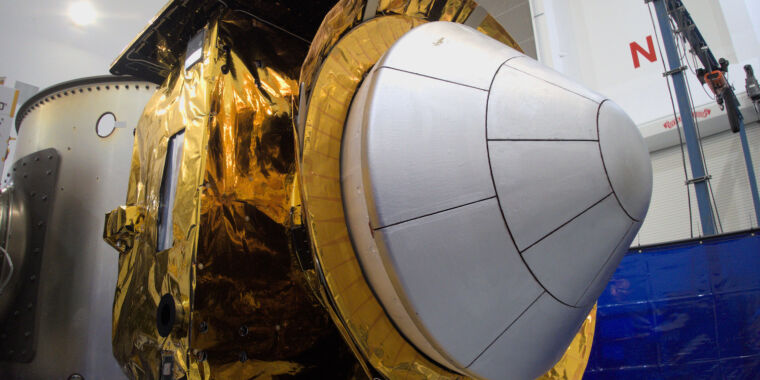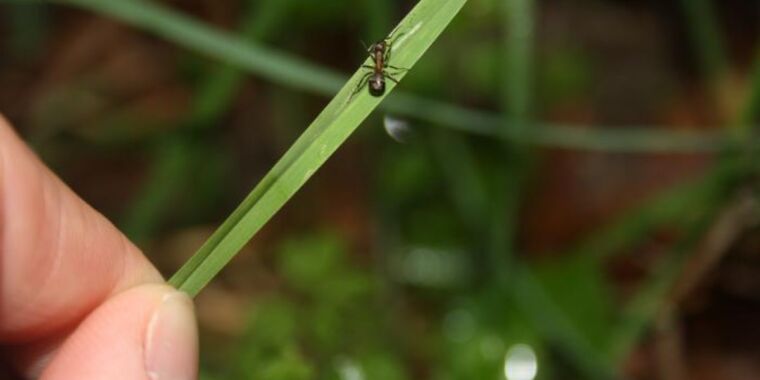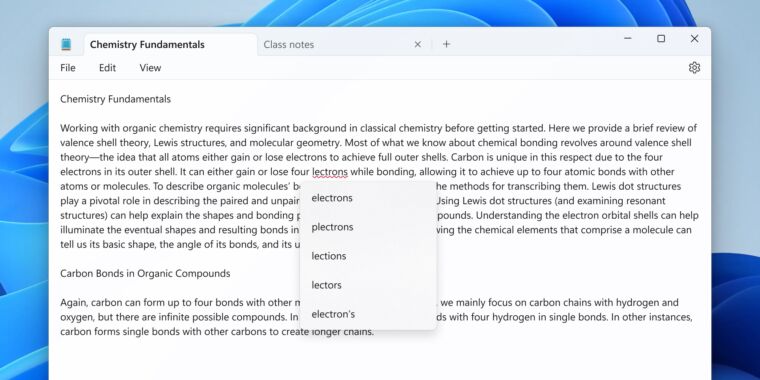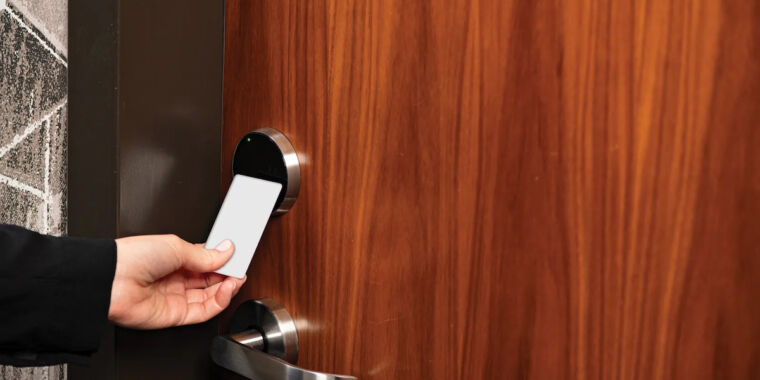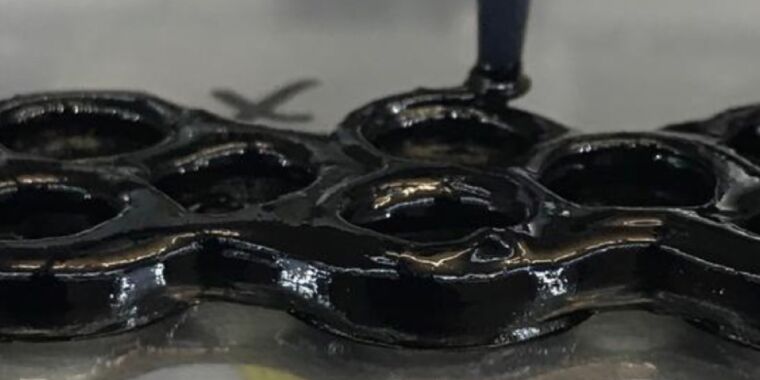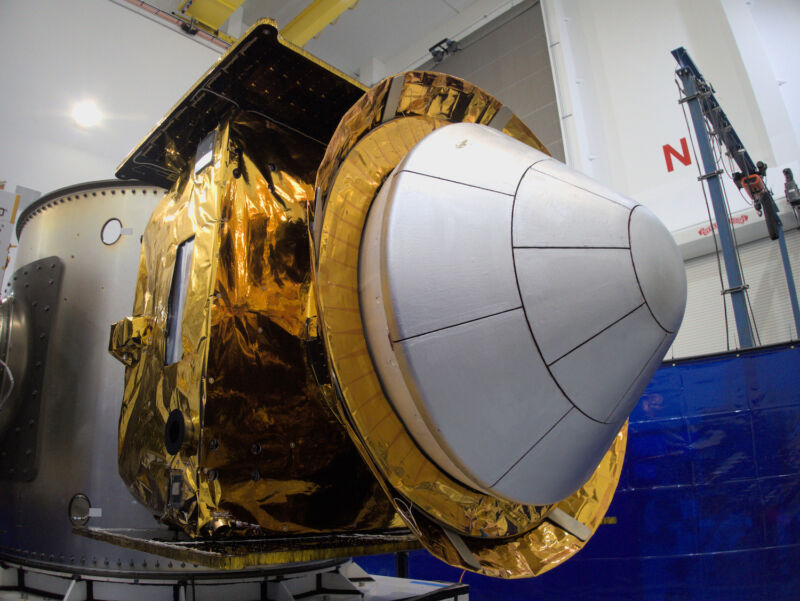
A first-of-its-kind commercial spacecraft owned by an in-space manufacturing startup called Varda Space Industries has been in orbit two months longer than originally planned, waiting for government approval to return to Earth with a cache of pharmaceutical specimens.
Varda’s satellite launched on June 12 for what was originally supposed to be a month-long mission to demonstrate the company’s technology for producing commercial materials, mainly pharmaceuticals, inside a recoverable capsule designed to return the products to Earth for laboratory analysis and eventual commercial exploitation.
However, the recovery of Varda’s capsule is on hold after the Federal Aviation Administration and the US Air Force recently declined to give Varda approval to land its spacecraft in a remote part of Utah. TechCrunch first reported the FAA turned down Varda’s application for a commercial reentry license.
“Varda Space Industries launched its vehicle into space without a reentry license,” an FAA spokesperson told Ars on Wednesday. “The FAA denied the Varda reentry license application on September 6 because the company did not demonstrate compliance with the regulatory requirements.”
The FAA spokesperson said Varda formally requested that the regulatory agency reconsider its decision two days later. “The request for reconsideration is pending,” the FAA said.
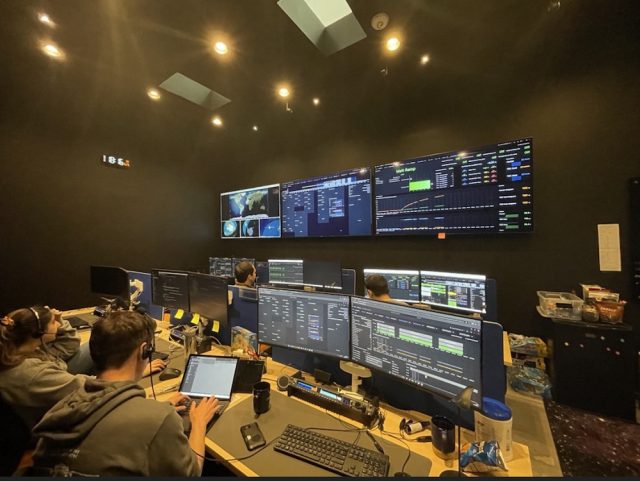
Varda Space Industries
According to TechCrunch, Varda was targeting landing opportunities on September 5 and 7 at the Utah Test and Training Range, a remote facility southwest of Salt Lake City run by the US Air Force. This is the same landing range where NASA’s OSIRIS-REx mission will return samples from an asteroid to Earth on Sunday. The Air Force also denied Varda permission to land, citing the “overall safety, risk, and impact analysis.” Varda and government officials are exploring other recovery options, TechCrunch reported.
Varda did not provide Ars with a comment for this story, but in a post on the social media platform X last week, the company said its spacecraft is “healthy across all systems.” Varda said its spacecraft is designed for a full year in orbit if needed, but the company will continue to work with its “government partners to bring our capsule back to Earth as soon as possible.”
Untested waters
The FAA’s Office of Commercial Space Operations is responsible for licensing commercial launch and reentry operations, but the lion’s share of its work has been reviewing applications for launch licenses. The FAA has licensed 82 commercial launches so far this year, already more than it licensed in all of 2022. Ten years ago, the FAA licensed eight commercial launches.
The tenfold increase in US commercial launch activity over the last decade has been almost entirely driven by SpaceX’s rising launch cadence. The FAA has requested more funding to hire personnel and keep up with the fast-growing commercial space industry.

